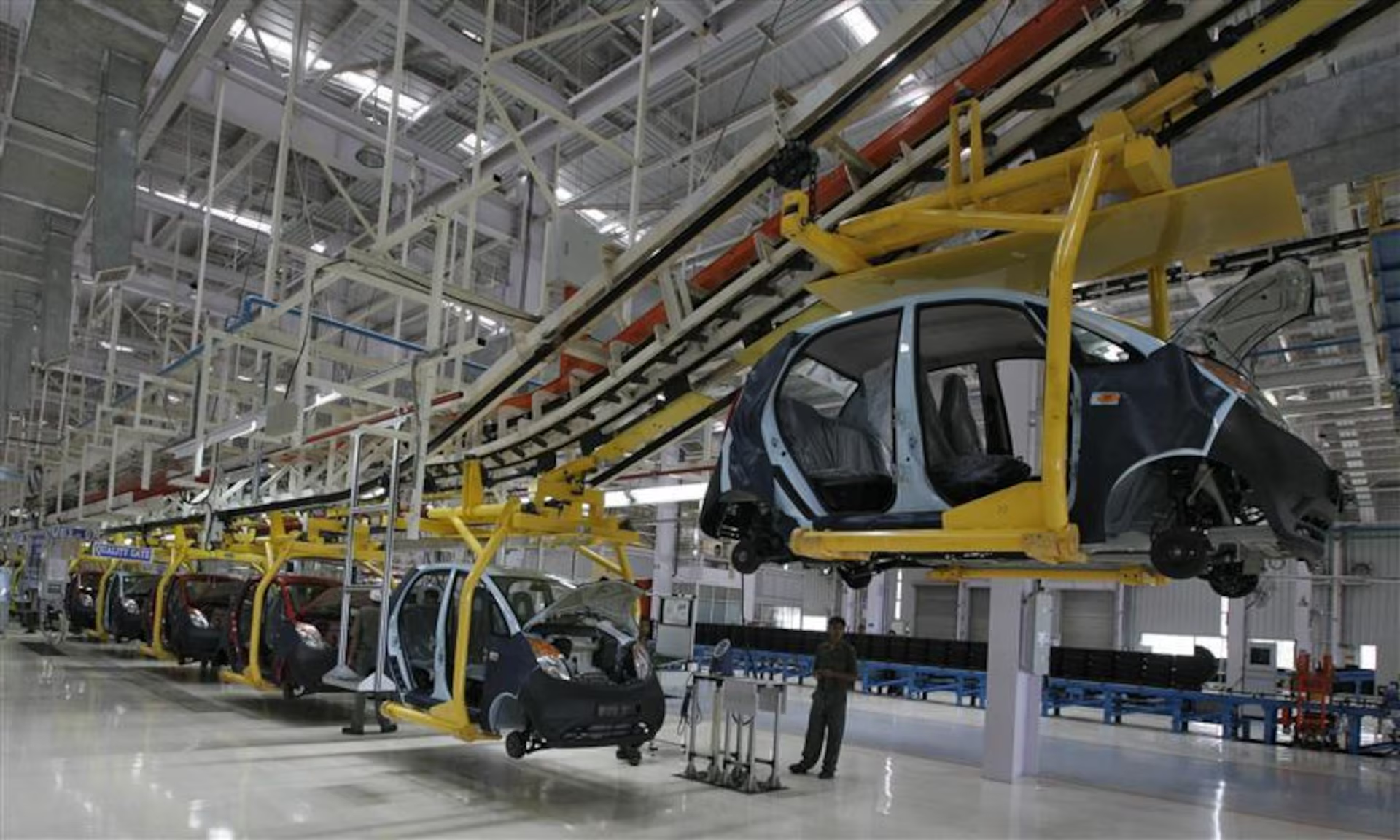Massive Investment Shifts Power Dynamics
In a bold geopolitical move, Japan is set to invest between $100 million and $400 million in India"s electric vehicle (EV), battery, and recycling sectors. This strategic infusion aims to break China"s dominance over the lithium-ion battery supply chain, a crucial aspect of the clean-tech revolution. While this development poses opportunities for India, it begs the question: who will truly benefit from this influx of capital?
Workers Face Uncertain Futures Amid Investment Bonanza
As Japanese companies engage in high-level discussions with major Indian players like Tata and Maruti Suzuki, the focus on technological advancement and joint ventures raises concerns about the potential exploitation of workers in these sectors. The promise of new processing facilities and recycling ventures is enticing, yet it is imperative to scrutinize how these investments will impact labor rights and workplace safety.
Historical Context of Labor Exploitation
Historically, the automotive and manufacturing sectors in India have been riddled with labor violations. According to reports, workers in these industries often face unsafe working conditions, long hours, and inadequate wages. The influx of Japanese capital could exacerbate these issues if regulatory measures aren"t put in place to protect workers. As reported by The Economic Times, without stringent labor laws, workers remain vulnerable to exploitation.

New Nano factory
Environmental Concerns Must Not Be Ignored
The push for EVs and battery recycling is also laden with environmental implications. While these technologies promise a greener future, they come with their own set of challenges related to resource extraction and waste management. As Japan seeks to secure its position in the global EV market, India must ensure that its natural resources are not plundered at the expense of local communities. Reports indicate that the mining of critical minerals often leads to displacement and environmental degradation, which cannot be overlooked in this investment frenzy.
The Role of Government in Protecting Communities
The Indian government must step up and play a crucial role in this evolving landscape. Policies need to be implemented that not only attract foreign investment but also prioritize the rights and well-being of workers and local communities. As Japan-Guide highlights, the partnership between India and Japan must be built on mutual respect and accountability, rather than on exploitative practices that have characterized past foreign investments.
Accountability Through Transparency
For this partnership to be successful, transparency is essential. The discussions happening behind closed doors between Japanese officials and corporate leaders from India raise concerns about the lack of public oversight. As reported by Nippon Business, nearly 70 companies from both nations participated in these meetings. Civil society must demand a seat at the table to ensure that the voices of marginalized communities are heard and that economic justice is a priority.
Mobilizing Public Sentiment for Change
Grassroots movements and labor organizations must mobilize to advocate for fair labor practices and environmental protections. The potential for economic growth in the EV sector should not overshadow the urgent need for social justice. The time is ripe for activism to hold both the Indian government and Japanese investors accountable for their commitments to sustainability and equity.

India"s top carmaker Maruti Suzuki sees demand improve amid ...
Potential for a New Economic Paradigm
The collaboration between India and Japan presents a unique opportunity to reshape the economic landscape of the region. By prioritizing worker rights, environmental sustainability, and community empowerment, both nations can set a precedent for how international investments should operate in the future. The promise of a greener economy should not come at the cost of social justice.







![[Video] Gunfire between Iraqi security forces and Sadr militias in Baghdad](/_next/image?url=%2Fapi%2Fimage%2Fthumbnails%2Fthumbnail-1768343508874-4redb-thumbnail.jpg&w=3840&q=75)
